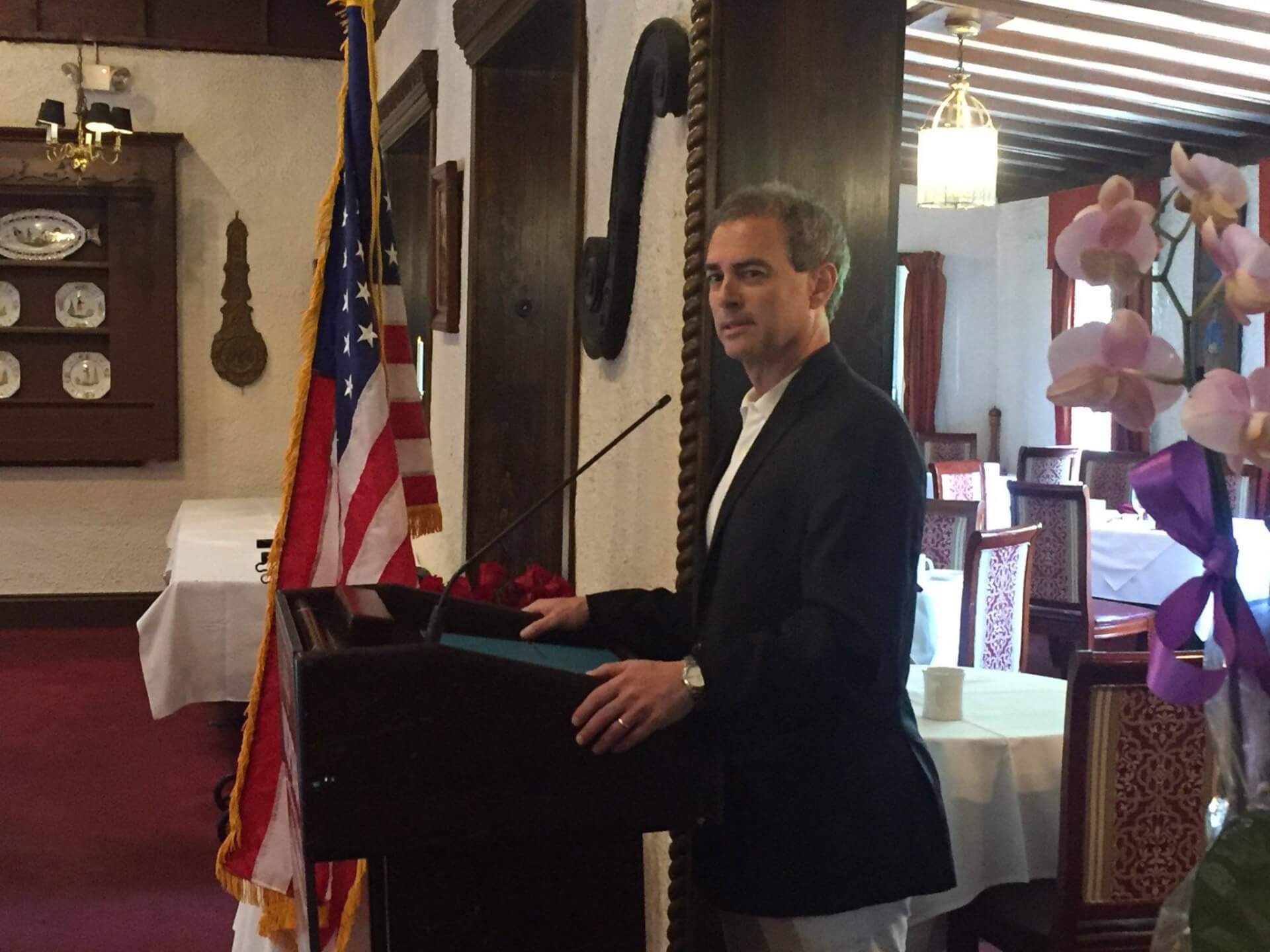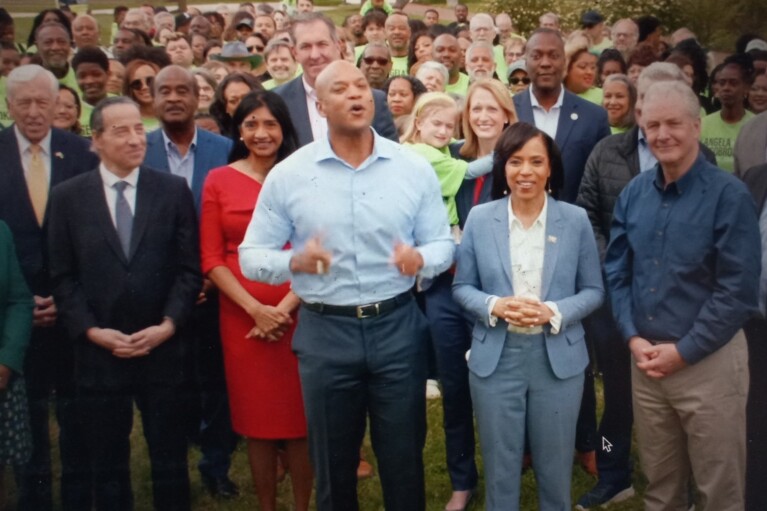Lawmakers Redoubling Effort to Pass Health Care Downpayment

The health insurance mandate that Congress voted to eliminate last year may be returning to Maryland as part of a plan to provide people with private health coverage.
A commission set up by the General Assembly in 2017 is finalizing details of the proposal starting this week in advance of the 2019 session.
If all goes as planned, Democratic lawmakers will introduce legislation in January that re-establishes penalties for anyone who doesn’t have health coverage. But instead of putting the funds in the state treasury, Maryland will use that money to purchase health coverage for those individuals.
Vincent DeMarco, head of the Maryland Citizens Health Initiative, which has spearheaded the effort, said the penalties would mirror those from the Affordable Care Act — $700 for individuals and $2,100 for families.
When combined with federal tax credits that remain available, the penalties would be sufficient to purchase “very, very good” coverage, he said.
“We believe there are about 80,000 people that that’s all they’d have to pay to get full insurance because of the federal tax credits. So that would add a lot of new people to the rolls and help keep premiums down for everybody.”
The idea came from the state’s Health Insurance Coverage Protection Commission, co-chaired by state Sen. Brian Feldman (D-Montgomery) and Del. Joseline Peña-Melnyk (D-Prince George’s), primary sponsors of the legislation. Each is slated to become vice chairman of the House and Senate committees that consider most health care legislation.
“This bill makes sure we don’t go backwards by reinstating the mandate that’s been in existence at the federal level, but with a creative twist that avoids a lot of the political discord and conflict,” said Feldman.
Individuals who would prefer to pay the penalty without being enrolled in an insurance plan could opt to do so, DeMarco said – but he doubts many would.
The Maryland Citizens Health Initiative Education Fund is airing radio spots, starting Tuesday, to inform the public about the benefits of what it calls health insurance “down payments.”
The group is also out with a study showing that contrary to the claims of Affordable Care Act critics, insurance premiums – in Maryland and nationally – have dropped since the landmark health care reform legislation became law.
Since Congress eliminated the Obama-era mandate to purchase insurance, Feldman said, the number of “young, healthy people pulling out of the system” has increased. That hurts the system as a whole and causes an increase in uncompensated care, because even young people get injured or sick occasionally. When they do, hospitals usually eat the cost.
“I strongly believe that the Health Insurance Down Payment Plan will be good for all Marylanders,” said Peña-Melnyk. “We will expand health care coverage to tens of thousands of now uninsured people and we will help make health care more affordable for everyone.”
DeMarco also believes that the legislators’ proposal will help the state locate the estimated 50,000 Maryland residents who are eligible for Medicaid but haven’t chosen to enroll, perhaps due to a lack of information or perceived stigma.
“They won’t pay a penalty, we’ll just help them getting enrolled in Medicaid,” he said.
The proposal will need the support of Gov. Lawrence J. Hogan Jr. (R), who didn’t take a position on the bill earlier this year because lawmakers did not vote on it. But a spokeswoman, Amelia Chasse, expressed some skepticism on Monday.
“While we are always open to ideas to make healthcare more accessible and affordable for Marylanders, the governor generally favors incentives over penalties,” she said in an email to Maryland Matters. “For example, by successfully enacting legislation and securing federal approval of Maryland’s reinsurance waiver, premiums on the individual market are decreasing across the board for the first time in decades.”
Feldman said the governor’s cooperation on the reinsurance plan — which helped prop up the individual market — makes him optimistic the governor will be open to this idea.
“I think this could be a legacy piece of legislation for him and for the entire General Assembly. [Health care is] arguably the hottest topic of conversation in the country right now.
“The politics surrounding the Affordable Care Act has changed pretty dramatically just in the last two years. [Before the election], you saw Republican members of Congress who were all-in on ‘repeal and replace’ actually campaigning on a pro-health insurance, pro-health care message. So I think the politics nationally has dramatically shifted.”
Feldman said 12 percent of Maryland residents lacked health insurance when the Affordable Care Act became law. Today the number is half that.
The law uses state tax returns to administer the program and levy the penalties. Legislative staffers are working with the Comptroller’s Office and the state’s insurers, CareFirst and Kaiser Permanente, to “work out the kinks,” Feldman said.
Several states have plans similar to the one Maryland lawmakers will consider next year, including Massachusetts (a pioneer, dating back to Mitt Romney’s tenure as governor), New Jersey, Vermont and the District of Columbia.




 Creative Commons Attribution
Creative Commons Attribution